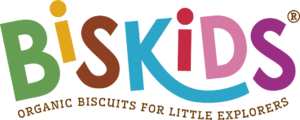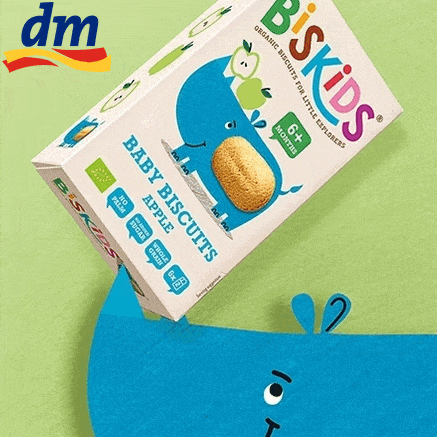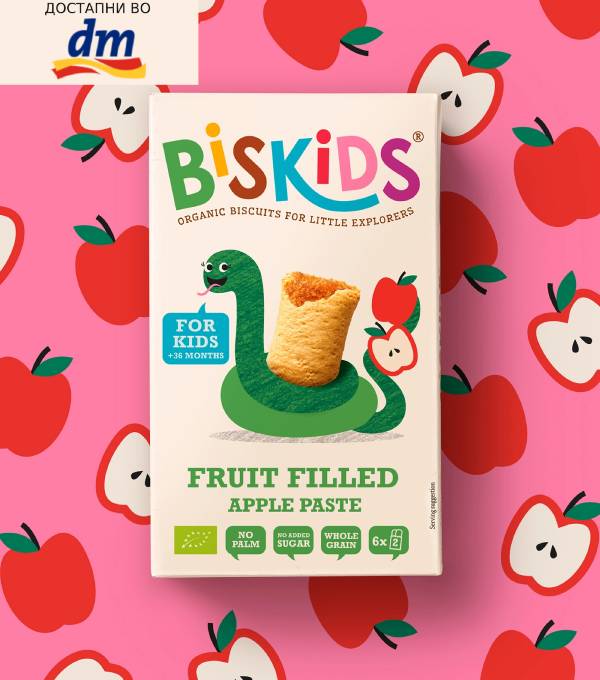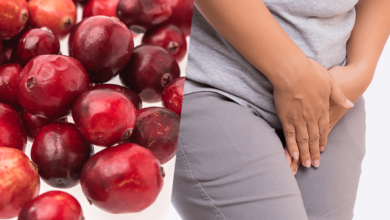Како да спречите ширење на заразни болести кај децата?

Детството неизбежно вклучува изложување на бактерии. Иако тоа е природен дел од растењето, постојат мерки што родителите можат да ги преземат за да ги намалат ризиците од болести и да поттикнат здрав имунолошки развој.
Вакцинацијата е од клучно значење
Следењето на препорачаниот распоред за вакцинација обезбеден од реномирани извори како Центрите за контрола на болести и СЗО е од суштинско значење. Докажано е дека вакцините ги штитат децата од сериозни и потенцијално смртоносни инфекции.
Хигиената на рацете е важна
Научете го вашето дете за важноста на миењето раце. По допирање на играчки, површини или други луѓе, правилното миење на рацете може да го намали ширењето на бактериите. Добрата исхрана е исто така вреден начин за зајакнување на имунолошкиот систем.
Хигиенска хипотеза
Некои студии сугерираат дека раната изложеност на нечистотија и бактерии може да го зајакне имунолошкиот систем на детето. Додека „хигиенската хипотеза“ предлага дека премногу чистите средини може да доведат до алергиски болести како астма, овој концепт наиде на несогласување од имунолозите.
Чистење и дезинфекција
Развијте редовна рутина за чистење што вклучува дезинфекција на предмети како играчки и училишен прибор, особено оние што се споделуваат со други. Разликувајте помеѓу чистење и дезинфекција. Дезинфекцијата ефикасно ги убива бактериите.
Избор на ефективни средства за дезинфекција
Започнете со чистење на предметите што доаѓаат во контакт со рацете и устата користејќи сапун и вода. Користете средства за дезинфекција за секојдневните предмети и предмети што ги допира некој болен. Проверете ги етикетите на производите за да се уверите дека тие се насочени кон специфичните бактерии што сакате да ги елиминирате.
Поттикнување на хигиенски навики
Направете ја хигиената забавна за вашето дете со песни и броење додека мие раце. Објаснете ги придобивките од миењето раце и со пример всадете добри навики без да предизвикате вознемиреност поврзана со бактериите.
Зајакнување на имунитетот природно
Фокусирајте се на балансирана исхрана богата со протеини, зеленчук, овошје, здрави масти, јаглени хидрати и вода за хидратација. Додека мултивитамините не се неопходни за добро нахранети деца, додатоците без додаден шеќер може да се земат предвид доколку е потребно.
Поучување на респираторниот бонтон
Поттикнете соодветно однесување како покривање на устата кога кашлате или кивате. Охрабрете го вашето дете да го следи примерот и да ги практикува овие однесувања дома и на училиште.
Спречување на болеста додека патувате
Патувањето ги изложува децата на разни бактерии. Научете ги редовно да ги мијат рацете, особено пред јадење. Носете марамчиња за дезинфекција и користете средство за дезинфекција на раце кога сапун и вода не се достапни. Погрижете се вашето дете да спие соодветно, да биде хидрирано и да одржува здрава исхрана додека патува за да го поддржи неговиот имунолошк/и систем.
Запомнете дека иако е невозможно целосно да се спречи изложеноста на бактерии, преземањето на овие чекори може да помогне да се намалат ризиците од болести и да се поддржи здравиот развој на вашето дете.







